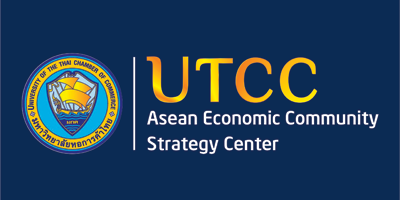Laos has yet to fully benefit from trade privileges
Although Laos is enjoying Generalised System of Preferences (GSP) exemption from over 50 nations around the world, the country is still unable to fully benefit from the special treatment.
The Ministry of Industry and Commerce recently described a number of challenges Laos is facing in order to fully benefit from trade privileges.
One of the most important points is that Lao businesses don’t fully understand the true benefits and the various procedures of the scheme.
In the meantime, product quality sometimes does not meet the standard requirements as specified by countries at the final destination.
In addition, Lao businesses produce agricultural goods in small volumes as they are often family concerns and have not done any market research or studied the GSP.
An independent economist and business advisor, DrManaSouthichack, told Vientiane Times that the documentation process is quite complex and difficult so businesses need to study it carefully if they are to benefit from trade privileges.
“I think many entrepreneurs don’t understand the system and the information circulated by State sectors is not sufficiently comprehensive,” he said.
“Another reason is that Lao businesses have other export options, mainly China, Vietnam and Thailand as well as other Asean nations.”
According to the Ministry of Industry and Commerce, the value of Laos’ export under the GSP programme reached US$1.13 billion in 2016, down from US$1.17 billion recorded in 2015.
DrMana encouraged Lao businesses to familiarise themselves with GSP procedures despite the challenges and difficulties they posed.
Another challenge for entrepreneurs is that documents must be written in English, so they need staff who can do this.
Of the 50 nations that have granted special treatment for Lao products, 28 are in Europe and the rest are in Asia. The GSP is a preferential tariff system which provides for a formal system of exemption from the more general rules of the World Trade Organisation (WTO).
Specifically, it’s a system of exemption from the most favoured nation principle that obliges WTO member countries to treat the imports of all other WTO member countries no worse than they treat the imports of their “most favoured” trading partner.
The European Union’s GSP allows developing countries to pay less or no duties on their exports to the EU. This gives them vital access to EU markets and contributes to their economic growth.
Special provisions have been included for least developed countries, which allow them to designate themselves as the country of origin for more goods that are processed in their territories, even if the primary materials are imported.
This means Laos can import raw materials, produce finished products and export them to the EU market as a preferential trading partner.
The Ministry of Industry and Commerce plays an important role in helping Lao businesses to fully benefit from trade privileges.
Provincial authorities and Special and Specific Economic Zones are able to certify the source of the products before they are exported under the GSP scheme.
Source: http://www.vientianetimes.org.la/FreeContent/FreeConten_Laos_115.html


 Thailand
Thailand




